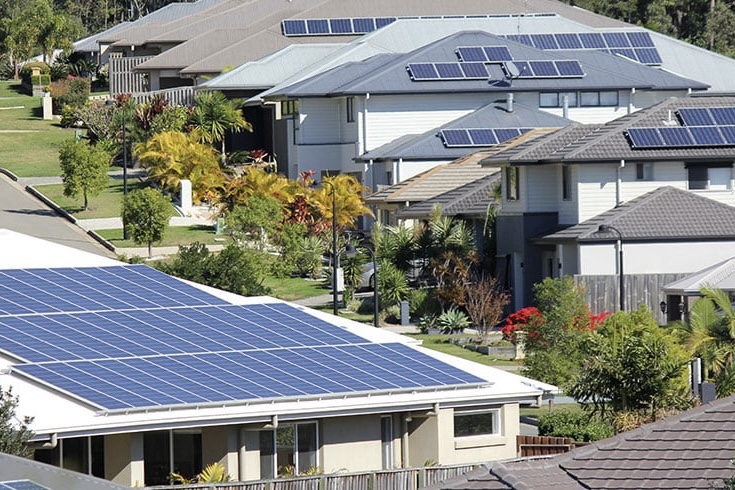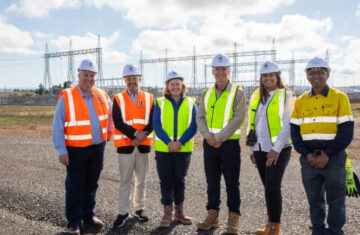Homes with rooftop solar will be required by the LREZ to transfer their daytime energy production to nearby batteries so that it can be reinjected into the grid at night.
In order to share solar energy produced by the community throughout the network, the Queensland government is testing a Local Renewable Energy Zone (LREZ) in the Sunshine Coast region of the state.
For the Caloundra LREZ project, which will deploy up to 8.4MW/18.8MWh of battery storage and support up to an additional 2.8MW of solar PV and 0.9MW of demand management, the Queensland government is contributing $40 million.
Daytime solar energy will be collected, stored in local batteries, and then reintegrated into the grid at night.
In Caloundra, energy will be distributed among residential and commercial customer sites starting in January 2025. The pilot project will look into how tenants and units can be involved in this change.
According to Chief Engineer Peter Price of Queensland, it is a step toward creating local renewable energy zones within the Energy Queensland network.
According to him, the combination of batteries owned by the network and the customers could provide peaking power comparable to that of a coal-fired generator.
More than three times the size of the largest coal generator, more than 5GW of solar power is already connected to Energy Queensland’s distribution networks in Queensland.
“Our L-REZ pilot projects in Townsville and Caloundra will pave the way to support Queensland’s energy transition and will provide invaluable insights to how customers at the center of a smart, integrated electricity network,” a statement from Mr. Price stated.
For the Caloundra LREZ pilot project, $3 million of the funding will be used to maximize the size of behind-the-meter customer assets like solar PV, batteries, home energy management systems, and dynamic connections.
Additionally, Energy Queensland has been given permission to fund an additional 18 local network-connected batteries with a $240 million budget commitment.
The Energy Queensland battery program, which has so far seen the construction of three distinct flow battery systems and thirty local network-connected batteries built or in the process of being built throughout the state, will include the new batteries as Stage 5.



